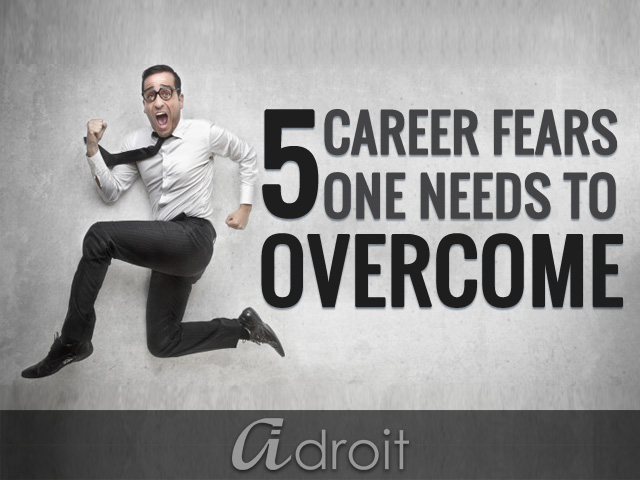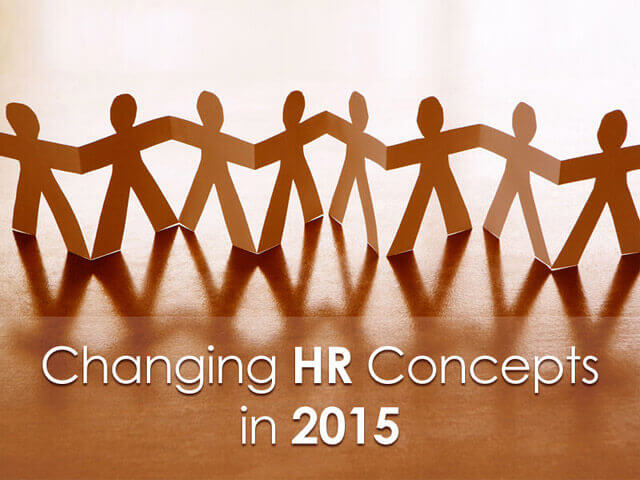
by Gargi Banerjee | Feb 22, 2016 | Careers
Fear crushes self confidence. The more you surmount your fear, face challenges, accept failure and start over, the more equipped you are to face life head on. Even in our career, most of us have some fears we are unwilling to address. At times we keep mum and avoid...

by Gargi Banerjee | May 8, 2015 | Careers
Hypothetical questions allow an interviewer to find out how an interviewee would deal with an unprepared situation, if those were to arise during their tenure at work. Potentially considered the toughest of all interview questions, an interviewee can pat his back if...

by Gargi Banerjee | Apr 6, 2015 | Careers
With improved global economy, the competition to pool the best talents is ever-increasing. As we are heading towards the year end, companies retune their financial plans and strategies. HR professionals cannot afford to get bogged down by regular HR issues. A...

by Gargi Banerjee | Apr 2, 2015 | Careers
It’s the universal interview question asked by maximum (almost all) interviewers. If you are a veteran employee, this question must be the most familiar question you have come across in an interview. This ice breaker allows the interviewer to maneuver the interview...

by Gargi Banerjee | Mar 4, 2015 | Careers
Poor hiring can cost a company a lot in the long run. This is why employers always look for definite skills while hiring candidates apart from their academic track record. Besides domain aptitude and experience, employers most often regard secondary parameters as a...

by Gargi Banerjee | Dec 12, 2014 | Careers, Company
An equal treatment at work place, irrespective of gender, refers to gender equality or gender egalitarianism. Universal Declaration of Human Rights, a declaration of United Nations is eager to create parity in government activities and equal pay structure for equal...






